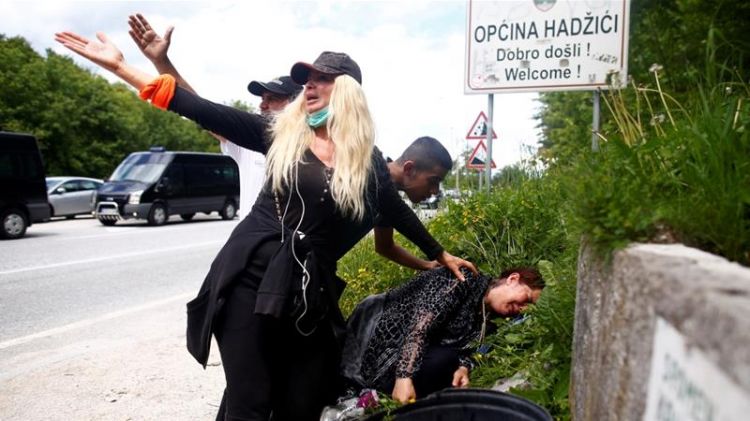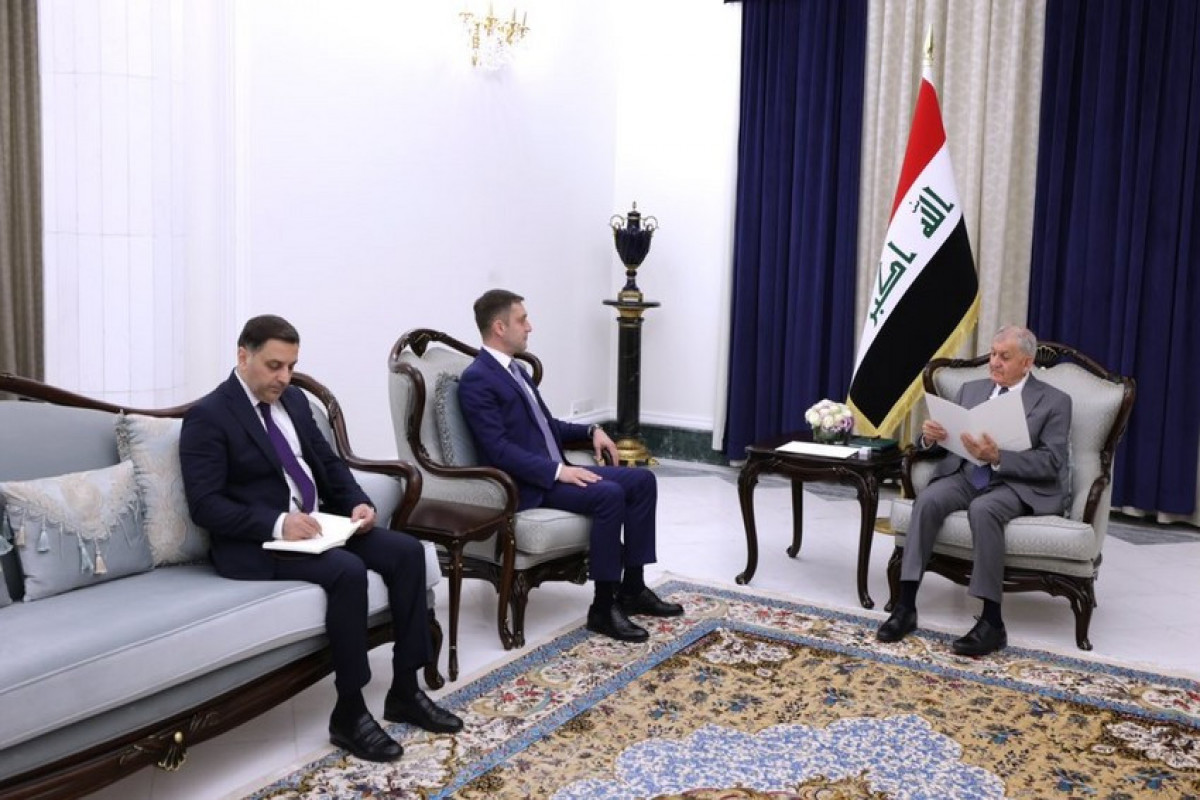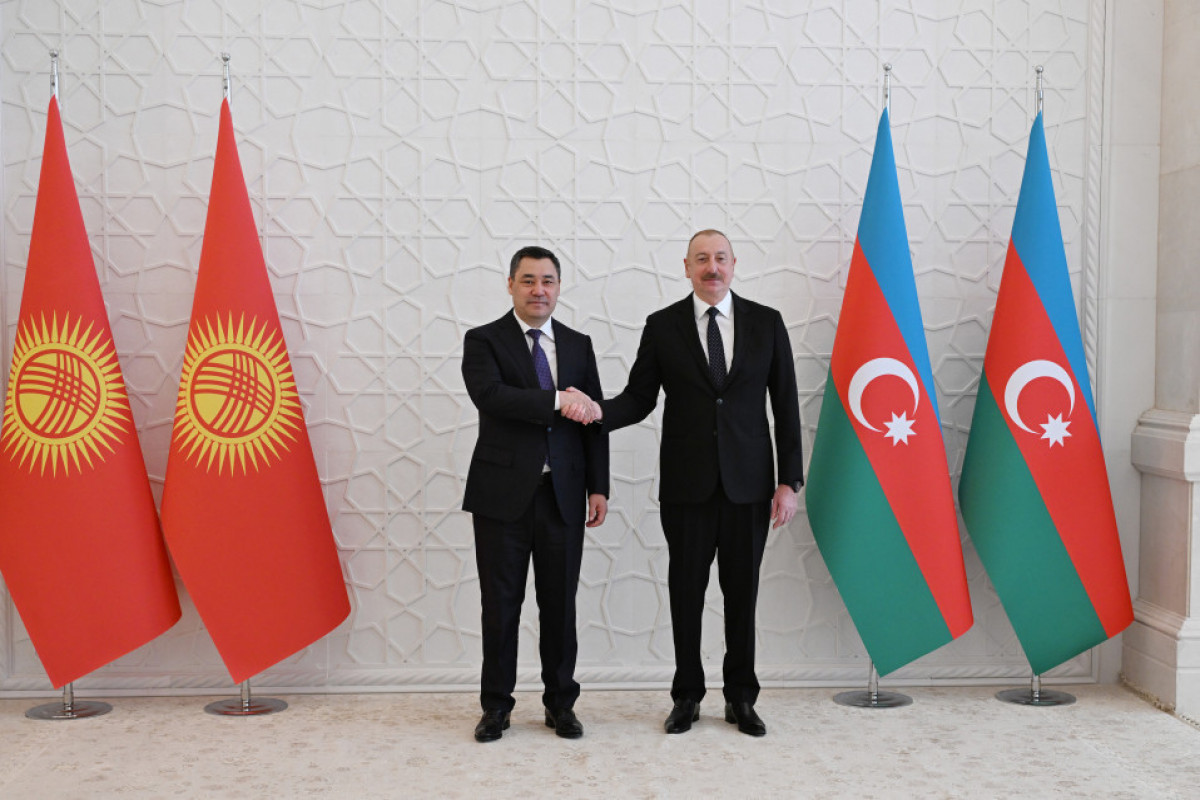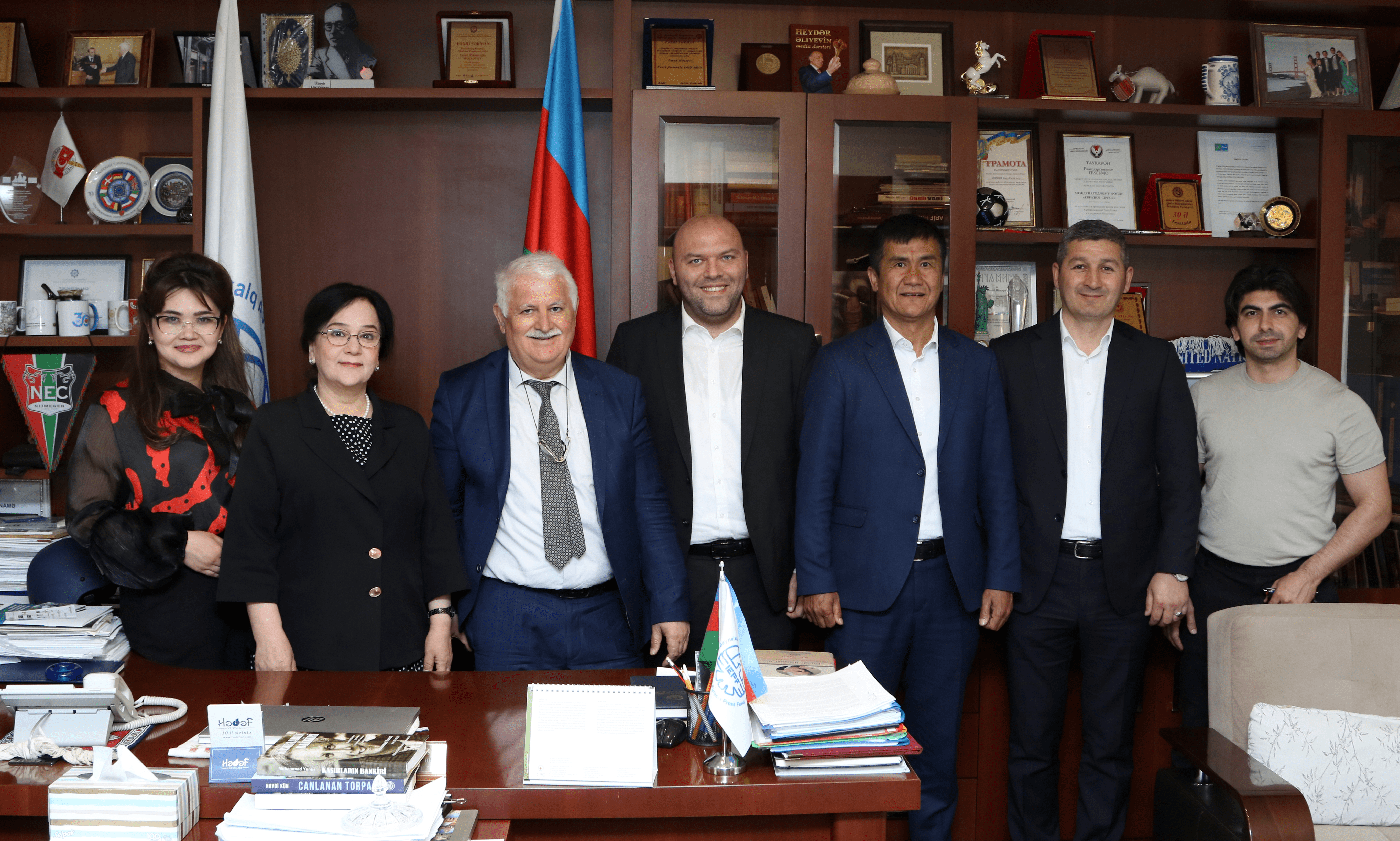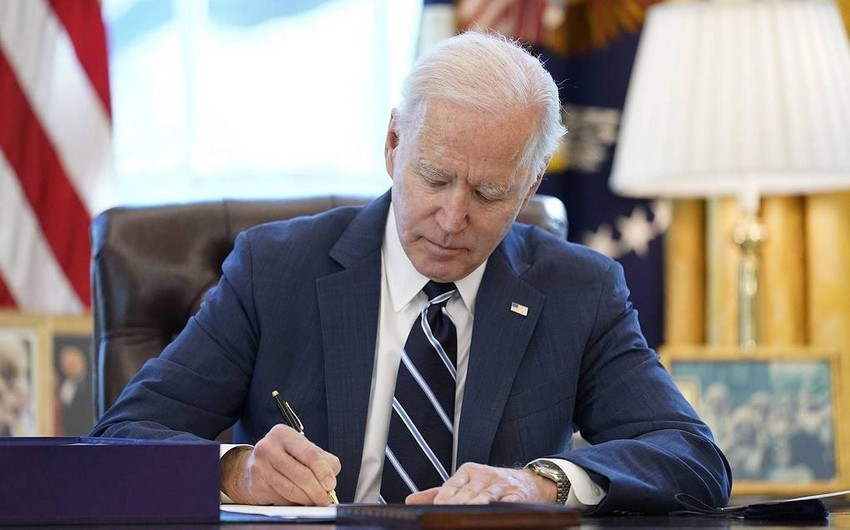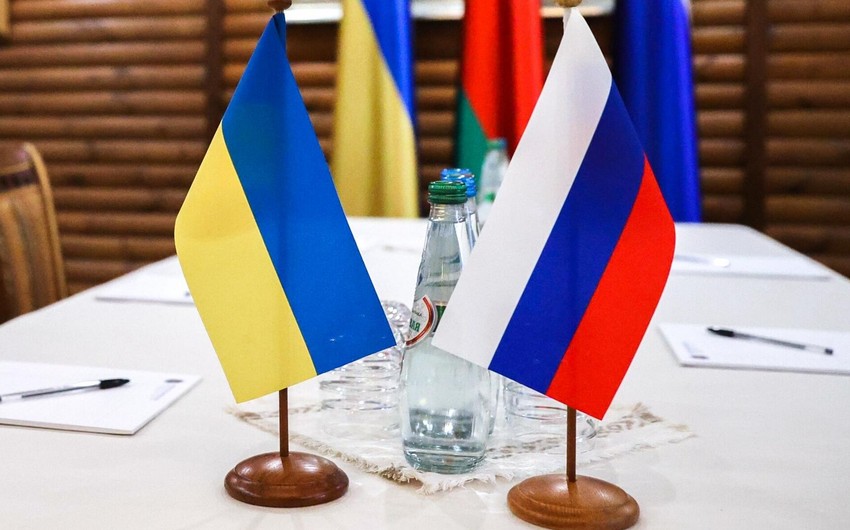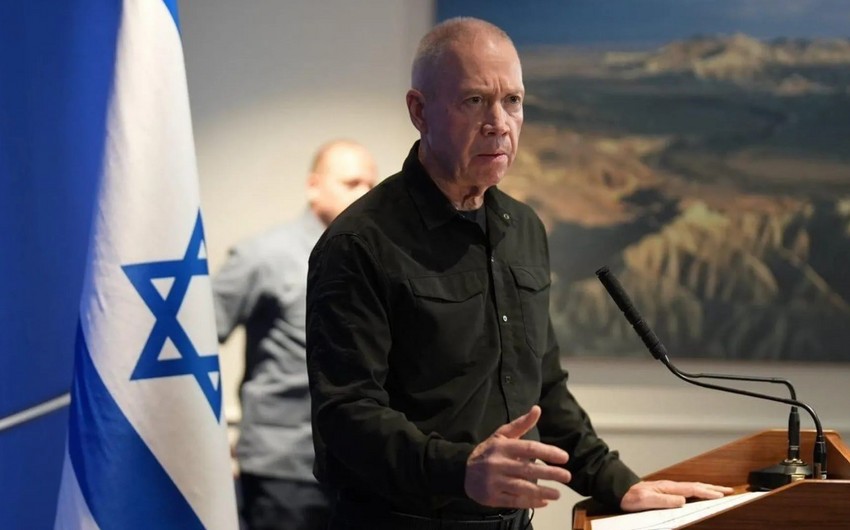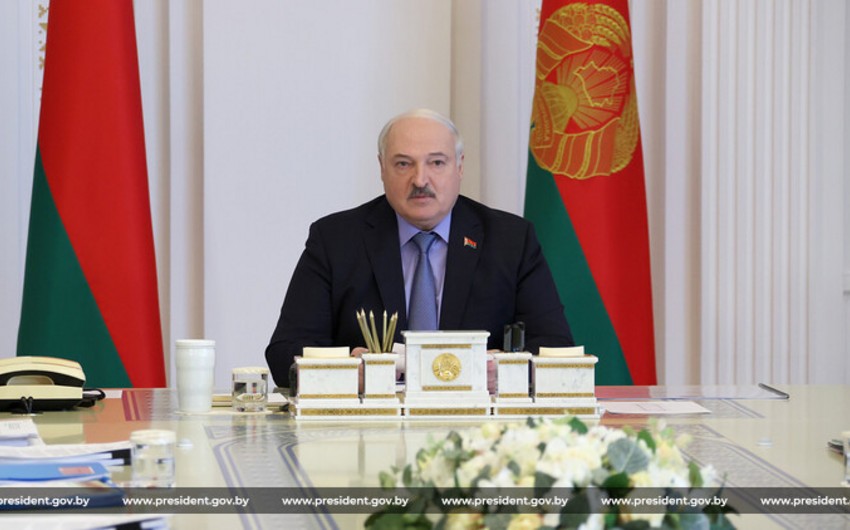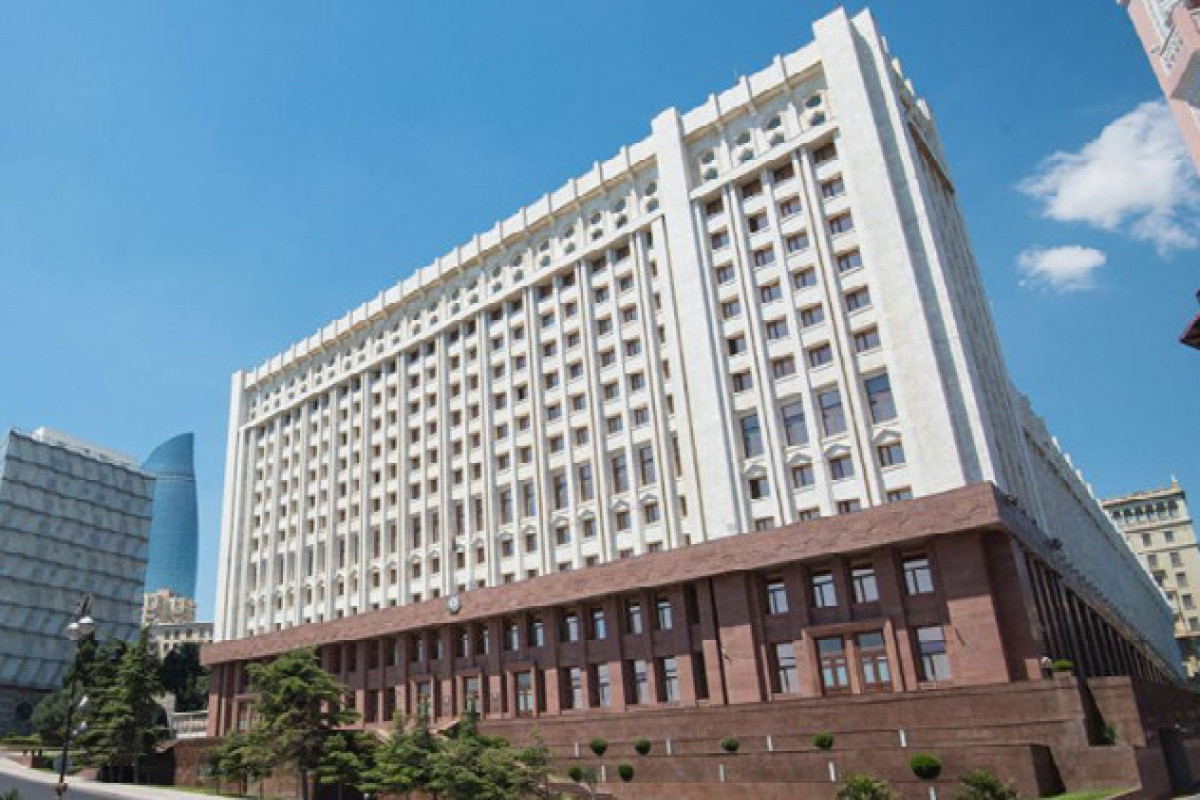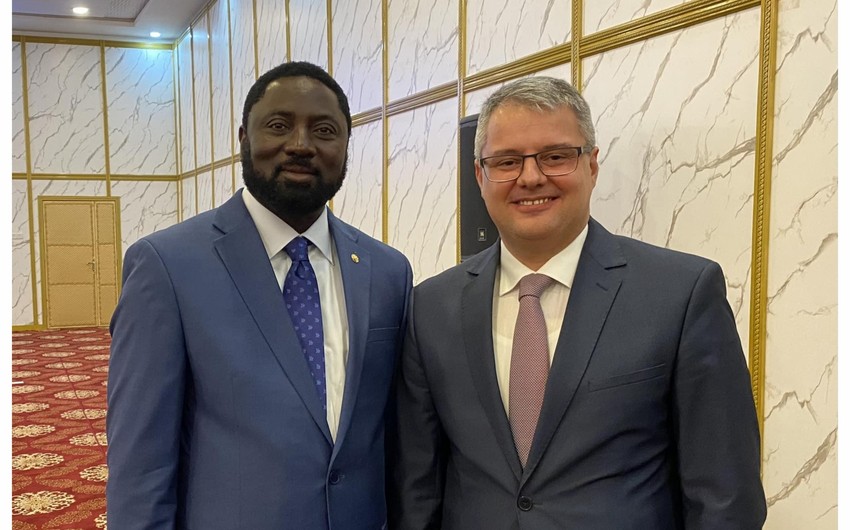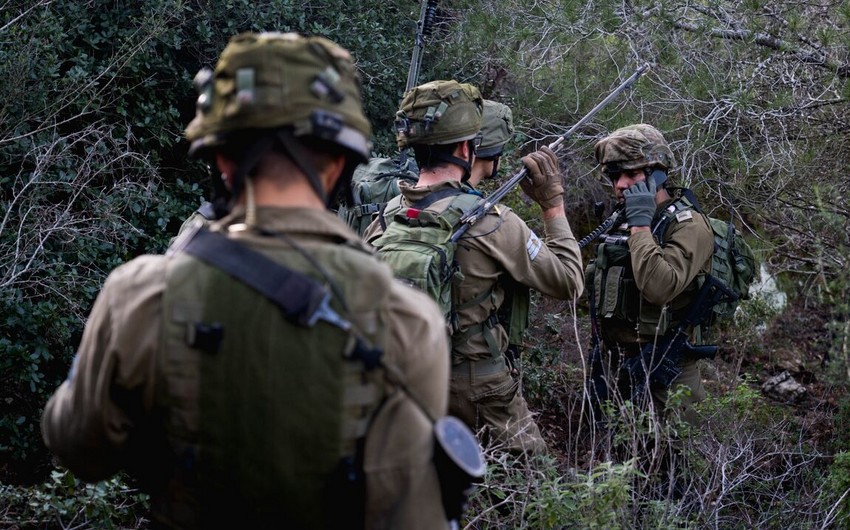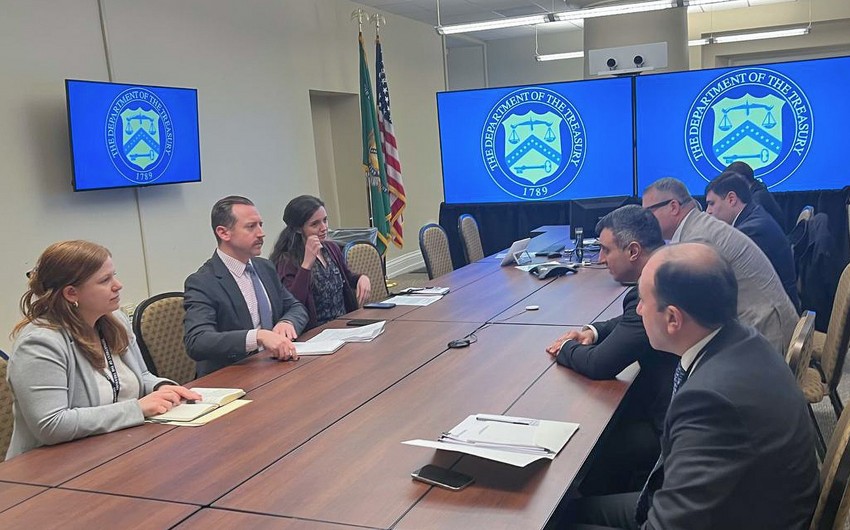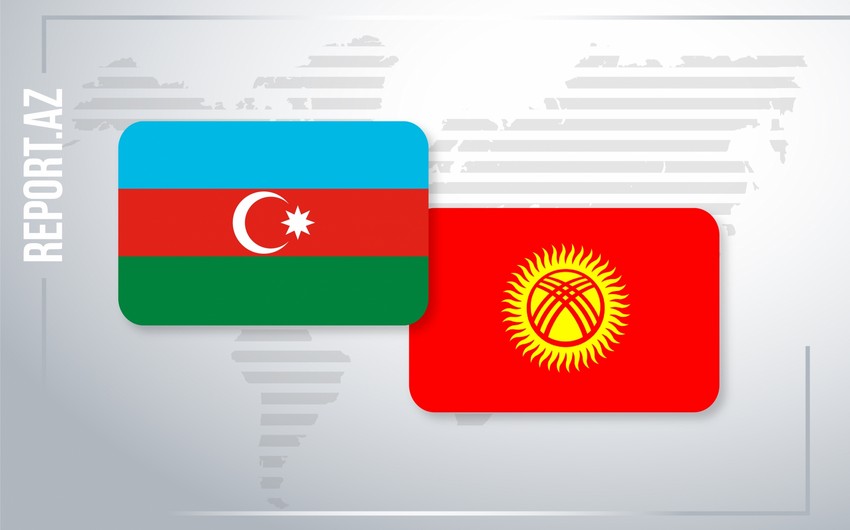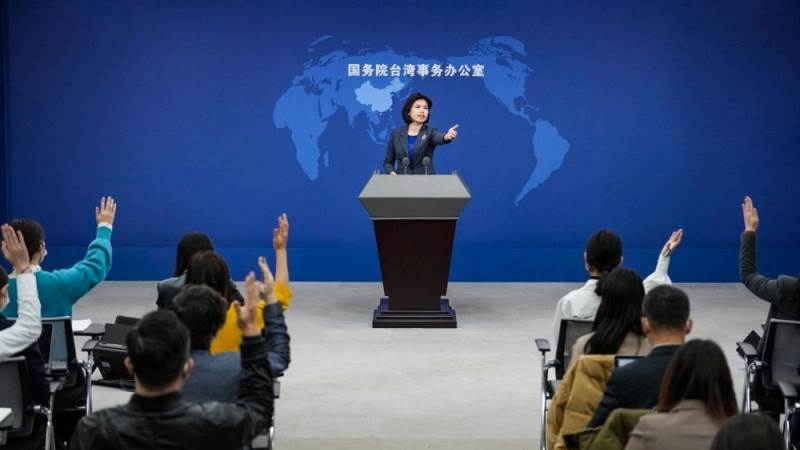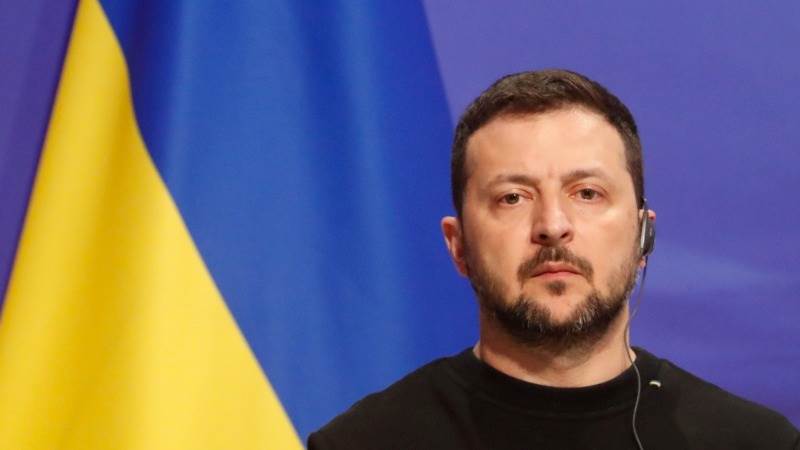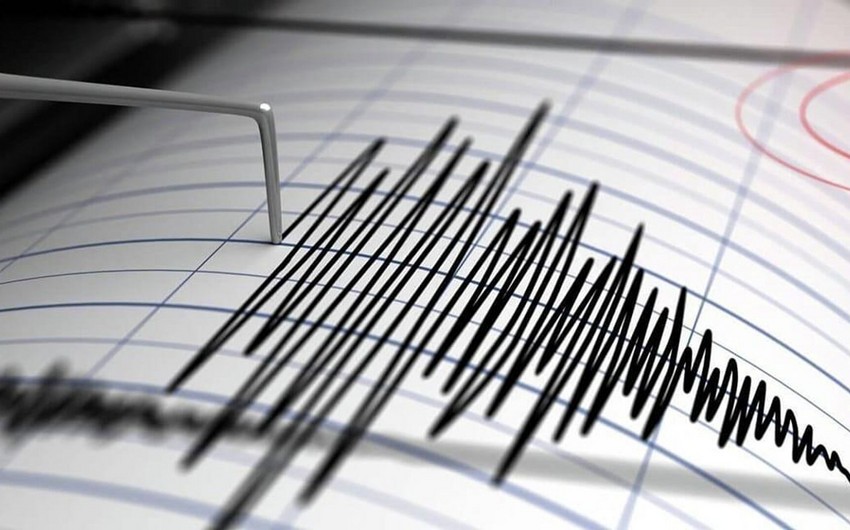Since the beginning of this year, hundreds of refugees and migrants have been entering Bosnia-Herzegovina every month, on their way to Western Europe. As the number of new arrivals grew, it became increasingly obvious that the local and state authorities had taken no action to ensure adequate provision of food, shelter or access to healthcare.
As the weather got warmer, some of these refugees settled in the little park in front of Sarajevo's city hall. Local people and non-governmental organisations would occasionally bring them food and other supplies; others would pass by, giving them a hostile stare.
As refugees became more visible in parks and in the streets, xenophobic sentiments flared among the population, stoked by hostile media reports.
It was not until the Council of Europe's Human Rights Commissioner sent an official letter to the government that did it finally decide to act. One of its initiatives was to transfer 270 people from Sarajevo to Salakovac asylum centre, near the city of Mostar.
But as with many things in Bosnia, not all went according to plan. The Croat-dominated police force of the Hercegovina-Neretva Canton, where the Salakovac centre is located, decided to defy the decision of the national government. On May 18, they intercepted the buses carrying the refugees on their way to the centre, blocking their passage and causing a five-hour standoff.
The buses eventually made it to their destination, but the incident sparked a small political crisis. Politicians of various ethnicities and at different levels of the country's complicated entity and cantonal system spent the next few days trading accusations.
Considering that this is an election year for Bosnia and Herzegovina, things are expected to get a lot worse in the coming months.
The "Balkan route" of migration has been active for several years now, with one million people using it to reach Western countries. The majority of them went through Greece, Macedonia and Serbia and crossed into EU member states, Hungary and Croatia. That part of the route, however, got blocked in the spring of 2016.
In the beginning of this year, an alternative was found - travel through Bosnia. In the first three months of this year, more than 3,500 refugees and migrants entered the country, the majority of them from Afghanistan, Pakistan, Kosovo, Turkey, Syria, Libya, Morocco and Iran. In comparison, for the whole of last year, the UNHCR registered just 755 refugees in Bosnia. Thousands more are expected to arrive in the coming months.
While these numbers might look overwhelming to some, let's remember that at the peak of the crisis in 2015, some 3,000 people were arriving in Macedonia and Serbia daily and over a million people made it to Germany.
Let's also remember that some 150,000 Bosnian citizens left their country for greener pastures in the past five years. That is in addition to hundreds of thousands of others who fled during the war and have not returned.
Despite being aware that the arrival of refugees and migrants was inevitable, the authorities failed to prepare and respond to the humanitarian crisis in line with international and human obligations. If it weren't for Bosnian citizens and some NGOs self-organising and providing food and shelter to some of the refugees and migrants, the situation could be much worse.
Prime Minister Denis Zvizdic has justified his government's lack of preparation, saying that the country has "no capacity to accept thousands of refugees". Bosnia still has some 85,000 internally displaced people from the wars in the 1990s, which indeed diminishes the ability of the authorities to take care of large numbers of refugees and migrants.
But there has also been a clear lack of political will to increase capabilities and cope with the problem, because assisting refugees and asylum seekers does not help win elections. Fear-mongering and reinforcing ethnic divisions do.
In a way, it is not surprising that these thousands of refugees, in transit to Western Europe, were dragged into Bosnia's political squabbles. The political elites had to use this opportunity to reclaim their "electoral territories" before the October vote.
In recent weeks, talk of refugees and migrants "threatening our way of life", changing demographics in the country and presenting a security threat has intensified. In mid-May, Zeljka Cvijanovic, prime minister of Republic Srpska - a predominantly Serb entity within Bosnia and Herzegovina - called for the country's borders to be closed to asylum seekers. A few days later, Milorad Dodik, the entity's president, declared that he will not allow any refugee reception centres operating in Republic Srpska.
After the standoff in Herzegovina-Neretva Canton, Bosnia's security minister, Dragan Mektic - a Bosnian Serb - called the incident a "virtual coup" and demanded that the police commissioner of the Hercegovina-Neretva Canton be arrested for defying orders. Then, the head of Bosnia's tripartite presidency, Bakir Izetbegovic, a Bosniak, said it wasn't a "coup", but it was unconstitutional. In response, the Croats in the cantonal parliament, who are the majority, stated that they will demand the resignation of the security minister.
Beside this petty political exchange and the use of the refugee issue for political gains, what is also concerning, and in fact, infuriating, is the pervasiveness of hate speech in Bosnian media.
While there was some sympathy expressed with the refugees' plight during the 2015 crisis in neighbouring Serbia, the media rhetoric changed dramatically once these people crossed the Bosnian border.
The reporting has been not only uninformed and ignorant, but also outright xenophobic and inhumane, encouraging hate and feeding prejudices. The media has persistently reported on alleged criminal acts of migrants in the country and their attacks on Bosnian citizens, although there have been no police records proving they have actually been committed.
In spite of all evidence demonstrating that the refugees and asylum seekers in Bosnia have committed three times fewer crimes than Bosnian citizens (nine reported criminal acts for 3,000 migrants), the media falsely inflates their crime rates. There have been also outrageous reports about alleged health risks refugees carry for the local population and their use of drugs.
This has escalated so far that the International Organisation for Migration in Bosnia and Herzegovina had to warn of the serious consequences of unprofessional and prejudiced reporting.
Knowing that refugees and migrants from Bosnia and the rest of the Balkans have been facing the same exact prejudices across Europe, I've found media and popular opinion about the newly arrived refugees deeply disappointing.
Given the Bosnian history of conflict and displacement and the large number of Bosnians who found refuge abroad, I would have expected empathy, understanding and a better treatment of those fleeing conflict, insecurity and poverty.
While there are many individuals, informal groups and organisations around the country who have shown extraordinary kindness and humanity towards those in need, the system and certain media have completely failed refugees, migrants and asylum seekers, just like they regularly fail the Bosnian citizens.

